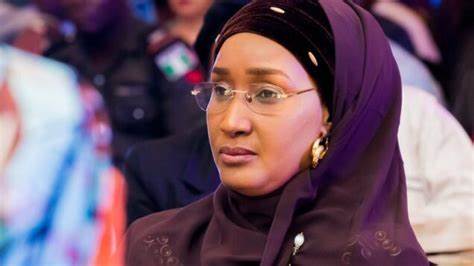In a landmark judgment, the Federal High Court sitting in Lagos has ordered Ms. Sadia Umar-Farouk, the former Minister of Humanitarian Affairs, Disasters Management and Social Development, to account for the disbursement of N729 billion to 24.3 million poor Nigerians over a six-month period.
The judgment, delivered by Justice Deinde Isaac Dipeolu in June, followed a Freedom of Information (FOI) lawsuit brought by the Socio-Economic Rights and Accountability Project (SERAP).
The court mandated the former minister to provide a detailed list of beneficiaries, including their names, the states covered, and the amount paid per state.
Justice Dipeolu ruled that the former minister is obligated under the FOI Act to provide information to any person or organization, including SERAP.
The judgment specifically directs the minister to disclose the selection criteria for beneficiaries and the mechanisms used for payments.
Additionally, the court ordered the minister to justify the rationale behind distributing N5,000 to each of the 24.3 million beneficiaries, which represents five percent of Nigeria’s 2021 budget of N13.6 trillion.
The court dismissed the objections raised by the minister’s counsel, siding with SERAP’s arguments and emphasizing the importance of transparency and accountability in the management of public funds.
Reacting to the judgment, SERAP’s Deputy Director, Kolawole Oluwadare, hailed the ruling as a significant victory for transparency and accountability.
READ ALSO: SERAP Urges CBN Governor to Explain Missing N100 Billion and Uncompleted Projects
He urged President Bola Tinubu to ensure compliance with the court’s orders and to address systemic corruption allegations in the Ministry of Humanitarian Affairs and other government agencies.
In a letter dated July 6, 2024, SERAP called on President Tinubu to direct the Ministry of Humanitarian Affairs and the Attorney General’s office to immediately comply with the judgment and release the detailed spending records of the N729 billion.
This judgment underscores the critical need for transparency in government spending and the importance of adhering to the rule of law to ensure public trust and accountability in the governance of Nigeria.









